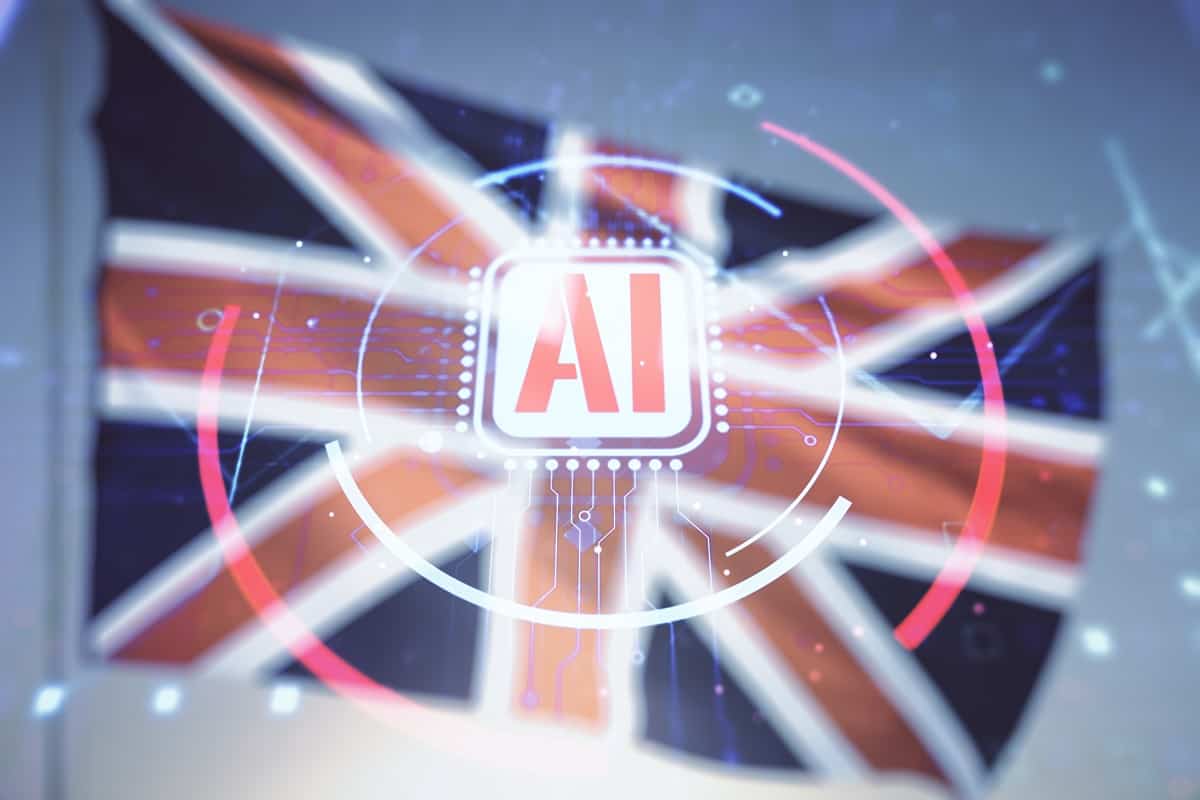The UK government has opted against implementing broad copyright exceptions for text and data mining in AI systems, acknowledging concerns from media and creative industries.
Instead, they aim to encourage collaboration between AI and creative sectors through a forthcoming Code of Practice on Copyright and AI, slated for release in early 2024.

Reproduction of copyrighted material by AI is considered a copyright violation unless authorized by a license or exception, as per the government’s stance.
The government acknowledges AI’s potential benefits in creative industries like enhanced productivity but underscores the need to address risks associated with AI-generated content and its impact on human creativity.
Collaborating closely with stakeholders from AI and creative sectors, the government aims to strike a balance between fostering innovation and protecting intellectual property rights.
OpenAI’s communication with the UK government highlighted the challenge of training foundational AI models without access to copyrighted data, preceding the New York Times lawsuit.
Whether exact reproductions or close approximations of copyrighted material constitute infringement remains unclear in the government’s response, posing regulatory challenges.
OpenAI views exact reproductions in AI output as rare bugs that can be rectified, though potential legal interpretations could pose challenges for AI providers in guaranteeing non-infringement.
Related Stories:
